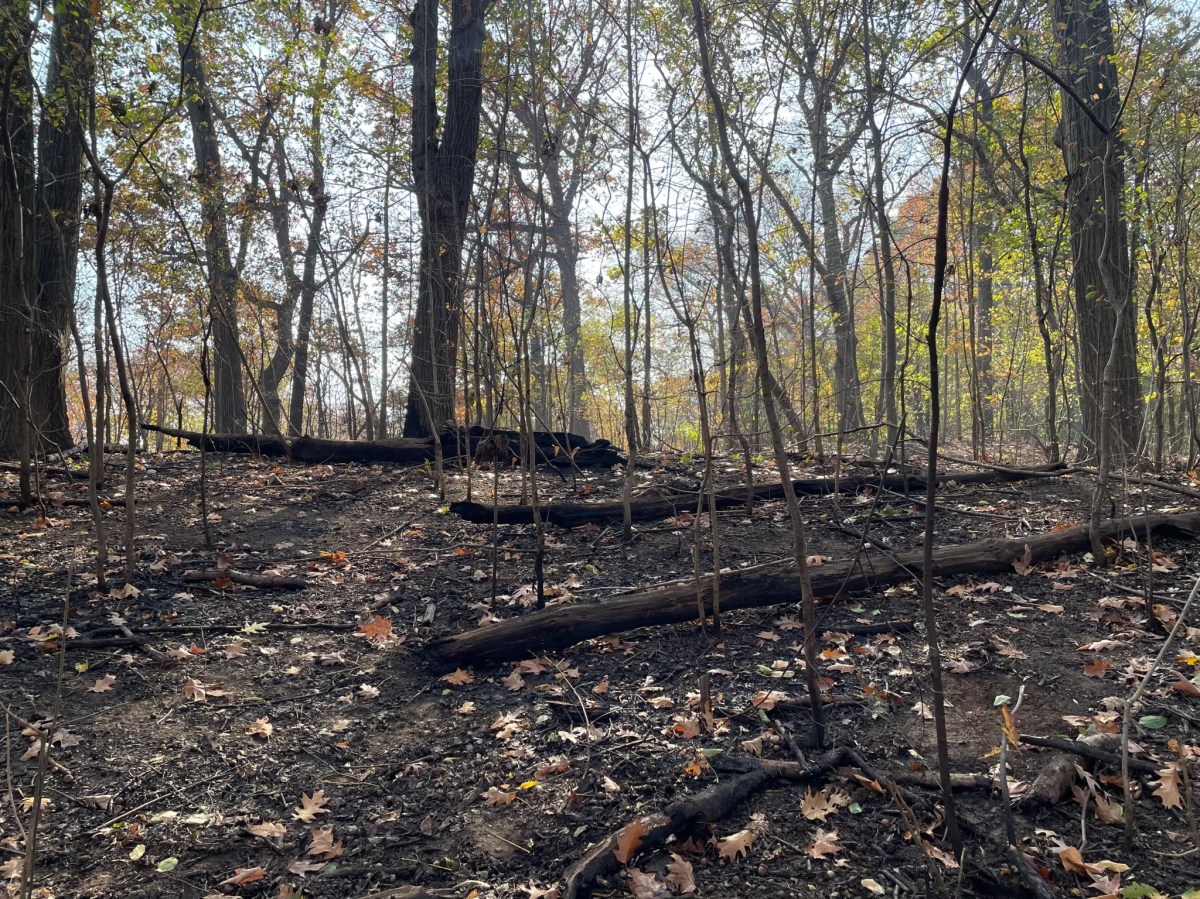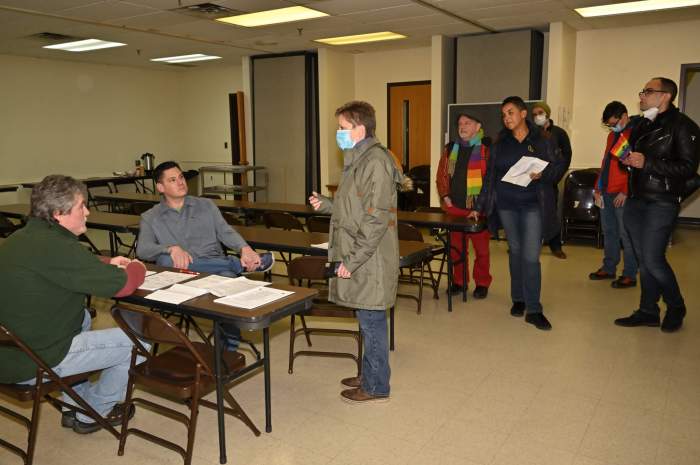By MARGARET S. CHIN
As your City Council representative, I would like to highlight the significant changes that have been made to the proposed Soho Business Improvement District plan. I became involved in the Soho BID process after it became clear the BID organizers had not adequately considered the concerns and input of the Soho community. Since that time, my office has worked to facilitate communication between the BID organizers and Soho residents, including hosting a town hall on the BID.
First, the name of the BID has been refined to more accurately reflect the BID catchment area. Moving forward, the BID will be called the Broadway Soho BID. This change is more than just window dressing. A major concern about the proposed BID is that it will eventually expand to encompass the wider Soho community. It is important to recognize that all BID expansions must be approved by the City Council, and this proposed BID only applies to the properties on Broadway between Houston and Canal Sts.
The BID plan has been revised to directly address the concerns voiced by Soho residents in three main areas: assessments, budget and transparency. Since the start of this process I have maintained that residents in the catchment area should not pay an annual assessment. Under the revised plan, residents in condos and co-operative buildings on Broadway will no longer be subject to the BID assessment formula. Both residential condo and co-op units will be charged just $1 per year. Previously, residents in the 14 mixed-use co-op properties were subject to a complicated reimbursement formula. In meetings with residents who live on Broadway, it became clear that the majority of the residents already paid fees — for example, in common and maintenance charges — to support services in their individual buildings. To charge residents an annual assessment would be double taxation, which I firmly opposed.
The second major change to the Broadway Soho BID proposal is a nearly one-third reduction in the operating budget. The annual budget is now $550,000, which was reduced from $700,000. The focus of the revised Broadway Soho BID is now clearly on sanitation and snow removal, which is budgeted at $200,000 annually.
Since ACE stopped cleaning Broadway on June 30, it is clear that the city’s sanitation services are insufficient in handling the excess trash generated in high-traffic shopping areas like Broadway. While I have been assured by the BID organizers that they will come up with the funds necessary to keep ACE cleaning Broadway this summer, this is only a temporary solution. I have heard repeatedly from residents that the businesses on Broadway profit from the foot traffic in the area and that it should be the merchants’ responsibility to pay for the extra services required to keep the streets clean and safe. That is the exact structure that is now being proposed.
The transparency of the budget was a top concern for Soho residents, who rightfully pointed out that it was unclear how funds secured to better the conditions on Broadway would be used. The original BID plan allocated funds for six areas of service, including residential reimbursement, public relations and an unclear “additional services” provision. The revised plan will only include three areas of service: sanitation and snow removal; pedestrian and public safety; and general/administrative. The BID organizers have allocated $150,000 for pedestrian and public safety and $200,000 for administrative expenses, with the largest part of the budget going to sanitation and security services.
No one can deny that Broadway has grown into one of the most popular shopping areas in the city. This increase in foot traffic has brought with it a host of problems, including overcrowding on the sidewalks and an increase in vending, vehicle traffic and idling. The overall wear and tear on the streetscape, including sanitation overflow, graffiti and neglect, has diminished the quality of life for residents in Soho.
Soho did not transform overnight. Long-term residents and activists have struggled against large-scale change to the neighborhood for decades. However, is it time to recognize that the problems facing our neighborhood will not disappear by themselves. It is time for Soho residents to manage and direct the changes in their neighborhood, not be victimized by them. This takes organization, commitment and a unified voice. Without this, we will be unable to safeguard the unique character and history of Soho.
I know that the changes made to the Broadway Soho BID proposal will not appease some individuals, who I expect will oppose any attempt to compromise on this issue. However, I also know that there are many residents and property owners in this community who want clean streets, fewer vendors, less traffic and better quality of life.
I am confident that in this new form a City Council hearing can be held on the Soho BID proposal. This is a public process and all members of the Soho community are encouraged to participate. The legislation for the creation of the BID was introduced on June 14, and a copy is available on the City Council Web site. A hearing date has not yet been set. I want to assure all Soho residents that once a date for the public hearing is set by the Council’s Finance Committee, my office will alert the Soho community through the press, as well as our e-mail list, Web site and Facebook.
I want to thank the residents of Soho for being so vocal and passionate about this issue and their community over all. I also want to thank the BID organizers for their flexibility and willingness to listen to the community. Moving forward, I guarantee that nobody from any BID, or any business entity, will have better access to me as your councilmember than the residents of District 1.
To join our e-mail list please send a blank e-mail with the subject line “sign me up” to chin@council.nyc.gov .
Chin is city councilmember for District 1, including Lower Manhattan, Soho, Chinatown, Hudson Square and parts of Greenwich Village and the Lower East Side.































